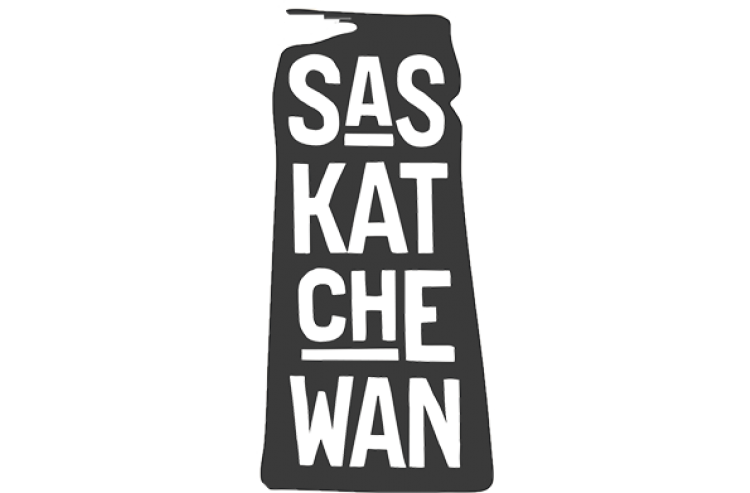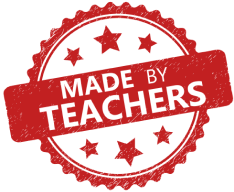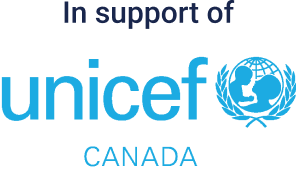Saskatchewan Grade 7

CLICK HERE FOR CURRICULUM CONNECTIONS, LESSONS AND SUPPORT RESOURCES.
Made by a Grade 7 teacher in Saskatchewan.
Kids Boost Immunity (KBI) provides educational content (lessons and support materials) developed by teachers and where needed, health experts, that is directly linked to curriculum and is available completely for free. Each lesson is paired with an online quiz that students can take on a laptop, tablet, or phone. Every time a student scores 80% or higher on a quiz, we donate life-saving vaccines to UNICEF Canada. To learn more about KBI, click here.
Click on the overarching curriculum themes below to see the curriculum outcomes that match KBI educational content. The full Grade 7 Saskatchewan Curriculum Connections document is here.
- Health
-
Curricular outcomes:
Health Education
- USC7.2- Examine critically and use purposefully blood-borne pathogen information/ education, including HIV and Hepatitis C, for the purpose of committing to behaviours that do not put one at risk of infection or co-infection.
- USC7.3- Commit to personal safety practices while acquiring basic first aid knowledge and skills.
- DM7.8- Examine and demonstrate personal commitment in making health decisions related to blood-borne pathogen information, safety practices, harmonious relationships, food choices, interpersonal skills, and morality.
- DM7.9- Examine health opportunities and challenges to establish personal commitment goal statements related to blood-borne pathogen information, safety practices, harmonious relationships, food choices, interpersonal skills, and morality.
Applicable KBI lessons:
1. Scientific Curiosity and Vaccine Discoveries
- Literacy builder worksheets/answer guides
- Inquiry activities
- Science
-
Curricular outcomes:
Science- Life Science & Interactions within Ecosystems
- IE7.1- Relate key aspects of Indigenous knowledge to their understanding of ecosystems. (CP)
- IE7.2- Observe, illustrate, and analyze living organisms within local ecosystems as part of interconnected food webs, populations, and communities. (SI)
- IE7.3- Evaluate biogeochemical cycles (water, carbon, and nitrogen) as representations of energy flow and the cycling of matter through ecosystems. (CP, SI)
- IE7.4- Analyze how ecosystems change in response to natural and human influences, and propose actions to reduce the impact of human behaviour on a specific ecosystem. (DM, CP)
Science- Earth and Space Science: Earth's Crust and Resources
- EC7.2- Identify locations and processes used to extract Earth's geological resources and examine the impacts of those locations and processes on society and the environment. (SI, DM, CP)
Applicable KBI lessons:
1. Environment & Climate Change
- Literacy builder worksheet/answer guide
- Lesson worksheet/answers
- Video worksheet/answers
- Inquiry activities/answer guides
- Numeracy activity/answers
- Social Studies
-
Curricular outcomes:
Social Studies- Interactions and Interdependence
- IN7.1- Investigate examples of conflict, cooperation, and interdependence between Canada and circumpolar and Pacific Rim countries.
Social Studies- Resources & Wealth
- RW7.2- Investigate the influence of resources upon economic conditions of peoples in circumpolar and Pacific Rim countries.
Social Studies-Power and Authority
- PA7.2- Investigate the structures and processes of democratic government in Canada.
Social Studies- Interactions and Interdependence
- IN7.1- Investigate examples of conflict, cooperation, and interdependence between Canada and circumpolar and Pacific Rim countries.
Social Studies- Resources & Wealth
- RW7.3- Assess the ecological stewardship of economies of Canada and the circumpolar and Pacific Rim countries.
Social Studies- Dynamic Relationships
- DR7.1- Analyze and use various types of maps (that provide differing perspectives and information for differing purposes) in order to situate current issues in Canada, and in a selection of Pacific Rim and northern circumpolar countries.
- DR7.2- Appraise the impact of human habitation on the natural environment in Canada, and in a selection of Pacific Rim and northern circumpolar countries.
- DR7.3- Analyze the relationship between current and historical events and the physical and social environments in Pacific and northern Canada and in a selection of Pacific Rim and circumpolar countries.
Applicable KBI lessons:
1. Global Inequality
- Literacy builder worksheet/answer guide
- Lesson worksheet/answers
- Video worksheet/answers
2. Canada's Three Levels of Government
- Literacy builder worksheet/answer guide
- Lesson worksheet/answers
- Numeracy activity/answers
3. Environment & Climate Change
- Literacy builder worksheet/answer guide
- Lesson worksheet/answers
- Video worksheet/answers
- Inquiry activities/answer guides
- Numeracy activity/answers
- English Language Arts (ELA)
-
Curricular outcomes:
Comprehend & Respond
- CR7.1- View, listen to, read, comprehend, and respond to a variety of texts that address identity (e.g., Thinking for Oneself), social responsibility (e.g., Participating and Giving Our Personal Best), and efficacy (e.g., Doing Our Part for Planet Earth).
- CR7.4- View and demonstrate comprehension and interpretation of visual and multimedia texts with specific features (e.g., circle graphs) and complex ideas including the visual components of media such as magazines, newspapers, websites, reference books, graphic novels, broadcast media, videos, and promotional materials.
- CR7.5- Listen critically to understand and analyze oral information and ideas from a wide range of texts (e.g., complex instructions, oral explanations and reports, opinions or viewpoints, messages presented in the media).
Applicable KBI lessons:
1. Critical Thinking & Evaluating Information
- Literacy builder worksheet/answer guide
- Lesson worksheet/answers
- Video worksheet/answers
- Inquiry activities/answer guides
- Numeracy activity/answers
2. Navigating the World of Online (Mis)Information
- Literacy builder worksheet/answer guide
- Inquiry activities
Curriculum-Related Themes Throughout the Year
- Reflecting on hardships and courage during WWII (November)
-
Applicable KBI lessons:
1. Remembrance Day / Veterans Day / Armistice Day
- Building leadership skills to make a difference for others (December)
-
Applicable KBI lessons:
1. Winter Break - A Time to Reflect on Making a Difference
- Literacy builder worksheet/answer guide
- Inquiry/creative activities
- Highlighting some key inspirational leaders during Black History Month as well as some experiences of refugees from different parts of the world (February)
-
Applicable KBI lessons:
1. Black History Month
2. Refugee Experiences
- Lesson worksheet/answers
- Inquiry activities
- Celebrating inspiring women in STEM (March)
-
Applicable KBI lessons:
1. International Women's Day - Celebrating Inspiring Women in STEM
- Literacy builder worksheets/answer guides
- Inquiry activities
- Understanding communicable diseases and how they are spread, and learning about immunization. Suggested during flu season, immunization awareness week, and school vaccinations (if applicable)
-
Applicable KBI lessons:
1. Immunization Awareness Week
2. The Spread of Infectious Diseases
3. Scientific Curiosity and Vaccine Discoveries
- Literacy builder worksheets/answer guides
- Inquiry activities




